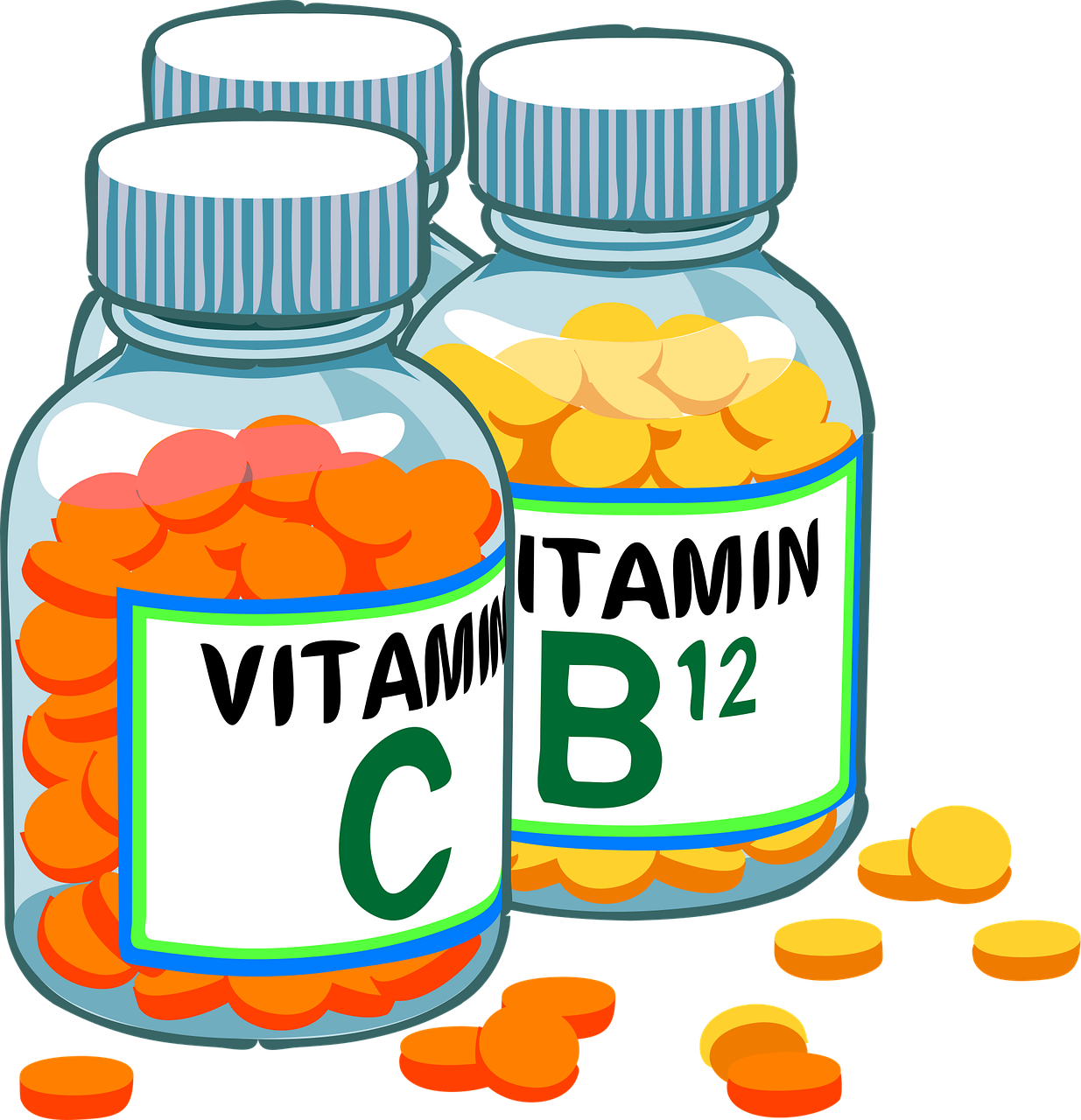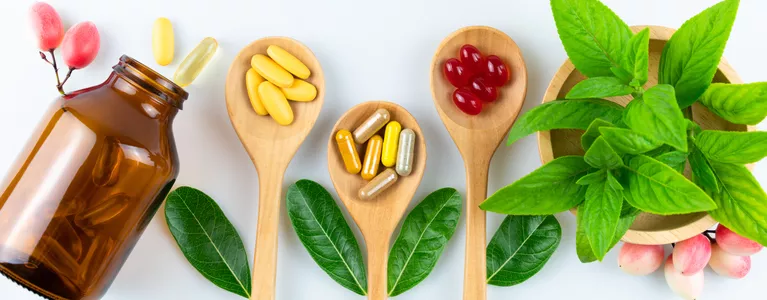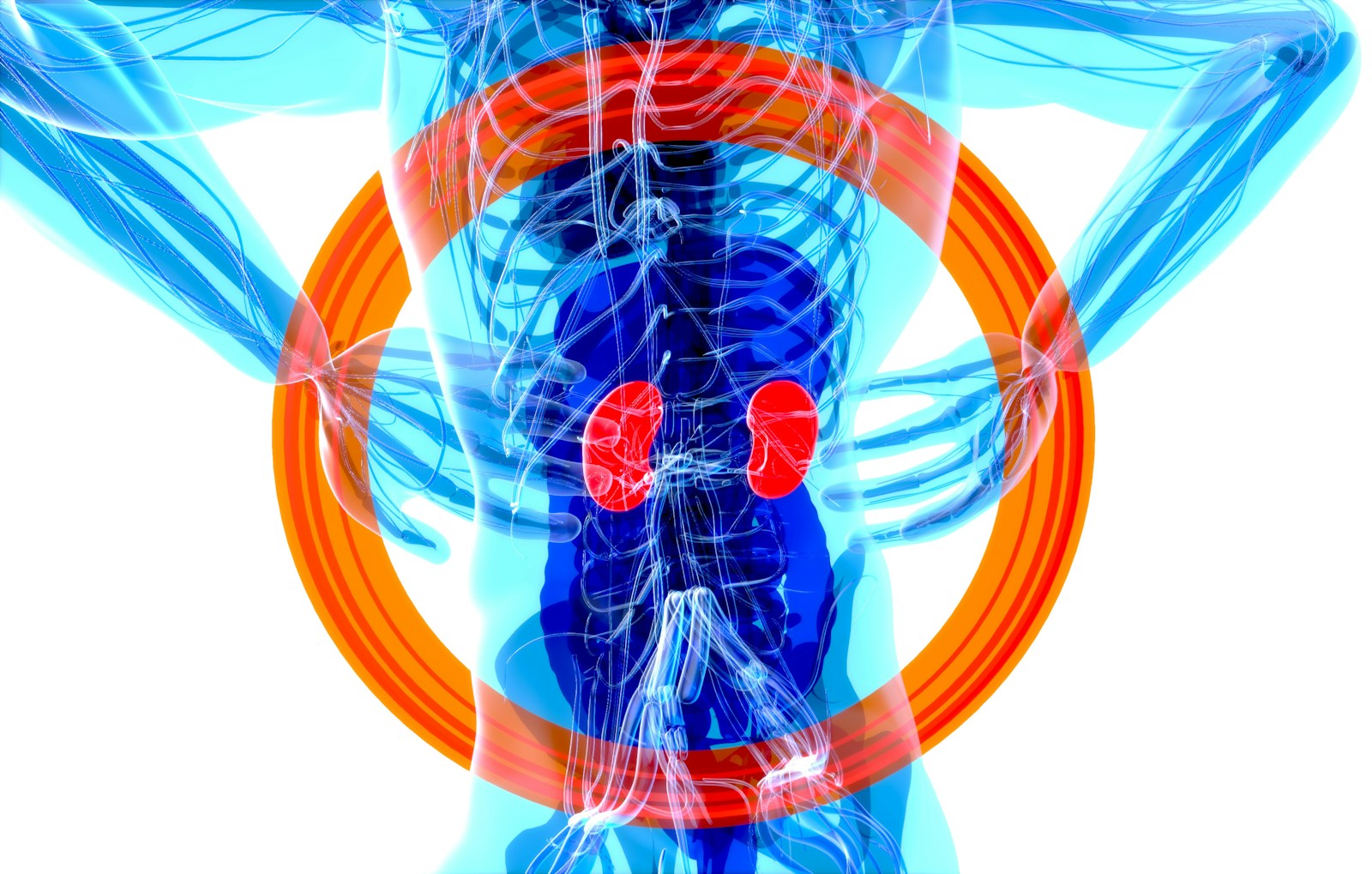This article was analyzed by Serge, MSc. Leveraging expertise in Biochemistry and Chemical Quality Control, I share insights and recommendations backed by research and clinical evidence to ensure you find safe and effective supplement solutions.
Kidneys are small, but they do a huge amount of work. They filter waste from your blood, balance fluids, help control blood pressure, and even make hormones that keep your bones and blood healthy. Most people barely think about them until something goes wrong.
I remember my uncle complaining that he felt tired all the time. He didn’t notice anything else, but a routine check showed his kidneys weren’t doing great. That kind of sneak-up is what makes kidney problems so tricky.
In the U.S., about 1 in 7 adults lives with some form of Chronic Kidney Disease. For people with diabetes, the risk increases to 1 in 3. Those with high blood pressure face a risk of about 1 in 5. Nearly 90% of people affected don’t even realize they have it, since kidney problems often develop quietly without clear symptoms.
Looking after your kidneys doesn’t require anything extreme. By understanding the factors that put them under strain and making steady, supportive choices each day, it’s possible to reduce risks and avoid more serious complications later on.
👉 Click here to get your copy of our ebook and start protecting your kidneys today!
Why You Should Care About Your Kidneys?
Think about this: your kidneys filter roughly 50 gallons of blood every single day. That’s a lot of work for two organs that are about the size of your fists. If they slow down, it can affect energy, mood, and even your heart. Swelling, tiredness, or changes in how often you go to the bathroom can all be early signs.
A friend once told me, “I thought I was just tired all the time, but my kidney numbers told a different story.” That’s why paying attention early can really help you catch issues before they get serious.
Signs Your Kidneys Might Need Help.
It’s easy to overlook these things, but here are some signs to watch for:
-
Feeling more tired than usual, even after a full night’s sleep.
-
Swelling in your hands, feet, or around your eyes.
-
Peeing more or less than usual.
-
Dark or foamy urine.
-
Blood pressure that’s hard to control.
These may seem minor, but your kidneys are sending signals. Noticing them early gives you a chance to make changes that can improve your health.
How Kidney Problems Happen?
Kidneys can get damaged in a few different ways. Diabetes and high blood pressure are the main contributors, but not drinking enough water, eating too much processed food or salt, and taking certain medications can also put stress on them.
I know someone who felt perfectly fine but had slowly rising creatinine levels. They were shocked when their doctor explained what that meant for their kidneys. Little things like skipping water, eating salty snacks, or ignoring blood pressure numbers can quietly add up.
Simple Steps to Support Your Kidneys.
You don’t need extreme diets or fancy routines. Small, consistent steps make a big difference:
-
Drink enough water. Hydration helps kidneys flush out toxins.
-
Eat kidney-friendly foods. Focus on fruits, veggies, whole grains, and lean proteins. Limit salt and processed foods.
-
Keep blood sugar and blood pressure in check. These are major risk factors.
-
Move a little each day. Even a short walk helps circulation and organ health.
-
Be mindful of medications. Overuse of painkillers or certain prescriptions can harm kidneys.
Even with these habits, having a guide to explain things and show practical ways to protect kidneys can be really useful.
👉 Click here to get your copy of our ebook and start protecting your kidneys today!
Preventing More Kidney Damage.
Once kidney function starts to decline, the biggest priority is slowing down the process. Kidneys don’t usually “bounce back” the way some other organs can, so protecting what’s left becomes critical. Every bit of function that’s preserved helps avoid more serious problems down the road.
One of the most effective steps is simply catching changes early. Kidney disease often develops quietly. You may feel fine even when damage has already begun. That’s why blood tests and urine tests are so important.
Numbers like creatinine and GFR give a clear picture of how well your kidneys are filtering waste. Keeping an eye on these results helps you see if things are staying steady or if action is needed.

Regular monitoring also gives doctors a chance to adjust treatment before the condition worsens. For example, a small rise in creatinine might not cause any symptoms, but it signals that the kidneys are under stress. Acting at that stage by making changes or reviewing medications can prevent bigger problems later.
Another key part of preventing further damage is avoiding extra strain on the kidneys. Once they’re already working harder than they should, adding more pressure can accelerate decline.
For many people, that means reviewing medicines with a doctor, since some painkillers or prescriptions can be tough on the kidneys if used long term. It also means being cautious with things like unnecessary supplements or high doses of protein powders, which can sometimes overload the system.
The truth is, prevention at this stage is all about protecting what’s still working. By staying alert, making thoughtful adjustments, and catching issues before they grow, you give your kidneys the best chance to keep supporting you for years to come.
Take Care of Your Kidneys!
Your kidneys do a lot for you every day. Paying attention to them now helps protect energy, mood, and overall health. Even small actions, hydration, better nutrition, daily movement, and monitoring can make a big difference.
The eBook “Avoid Kidney Disease” gives clear, practical advice you can start using right away. It shows simple steps that really add up over time, helping you support and protect your kidneys.
👉 Click here to get your copy of our ebook and start protecting your kidneys today!















